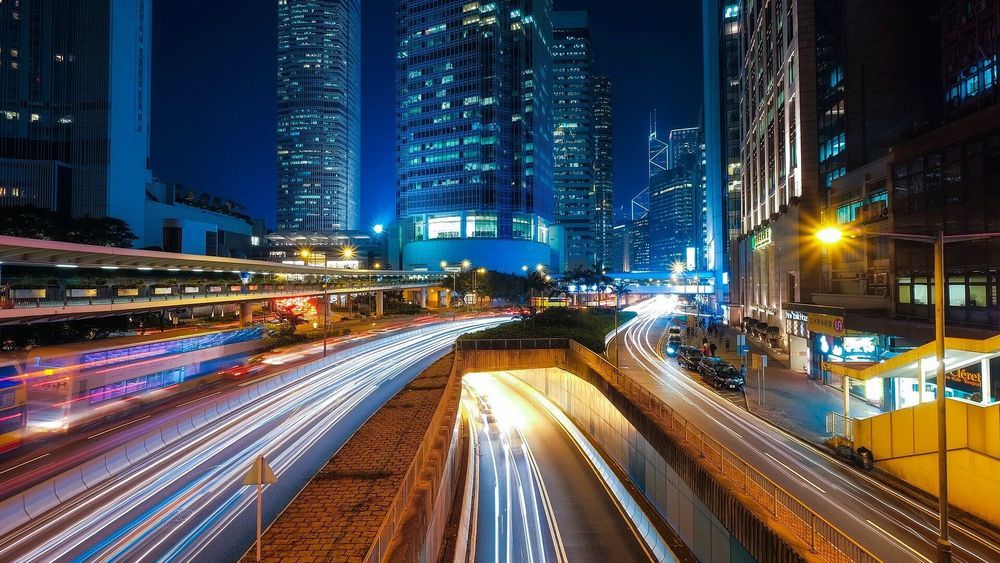A team of researchers from the Universitat Politècnica de València (UPV) and the Université Paul Sabatier-Toulouse III (France) have developed a system that is capable of managing all traffic in a city, which will help to prevent traffic jams while reducing the driving times of vehicles and pollution levels. The system has been designed for autonomous vehicles and includes a route provider service capable of forecasting the present and future density of traffic in the city. It also takes that information into account when choosing new routes. The work has been published in Electronics.
Unlike existing systems that can suggest alternative routes depending on the bottlenecks at a certain time, the new system makes it possible to find out the present and future density of traffic in the entire metropolitan area, and controls traffic as a whole, aiming to minimize or totally eliminate traffic jams. In addition, it allows including different criteria—environmental, atypical situations, accidents, etc.—to dynamically provide advice about routes.
“Our proposal makes it easier for authorities to restrict or eliminate traffic in a certain area during the time period they find appropriate. For example, reducing traffic next to schools during the entry/exit hours, or in areas where ambulances circulate or an accident has happened, etc.,” explains Carlos Tavares Calafate, researcher at the Networking Research Group-DISCA of the UPV and coordinator of the work.
